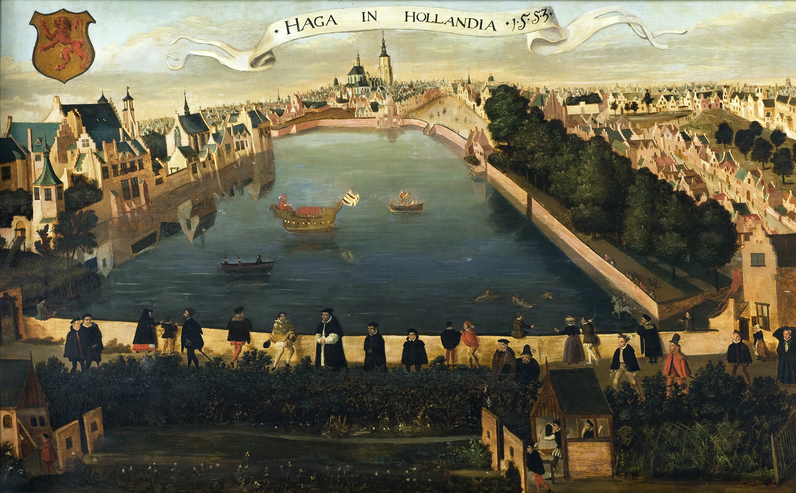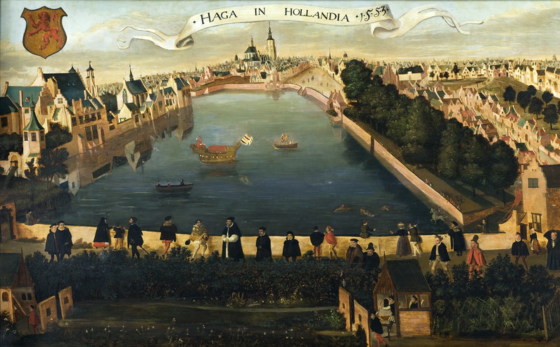Two 14th century lion bones uncovered in the heart of The Hague


Workers have found two lion bones during excavation work on the Buitenhof in The Hague, a square opposite one of the entrances to the parliamentary complex.
The bones were found in 2021 but their discovery has only now been made public. One is the foreleg from a young lion, but city officials are keeping quiet about the second one, ahead of a news conference on Wednesday.
The bones apparently date from first half of the 14th century, before the period in which count Aalbrecht, who ran Holland and Zeeland on behalf of his brother Willem V, had a small zoo on the square.
The lions were kept there between 1344 and 1358, city officials told news website Nu.nl and the bones, Nu.nl said, are ‘the oldest from lions ever dug up in the Netherlands’.
The coat of arms of both the kingdom of the Netherlands and the Dutch royal family include lions, which are considered to be symbols of courage and nobility.
City officials will reveal more about the history of The Hague lions on Wednesday.
Thank you for donating to DutchNews.nl.
We could not provide the Dutch News service, and keep it free of charge, without the generous support of our readers. Your donations allow us to report on issues you tell us matter, and provide you with a summary of the most important Dutch news each day.
Make a donation